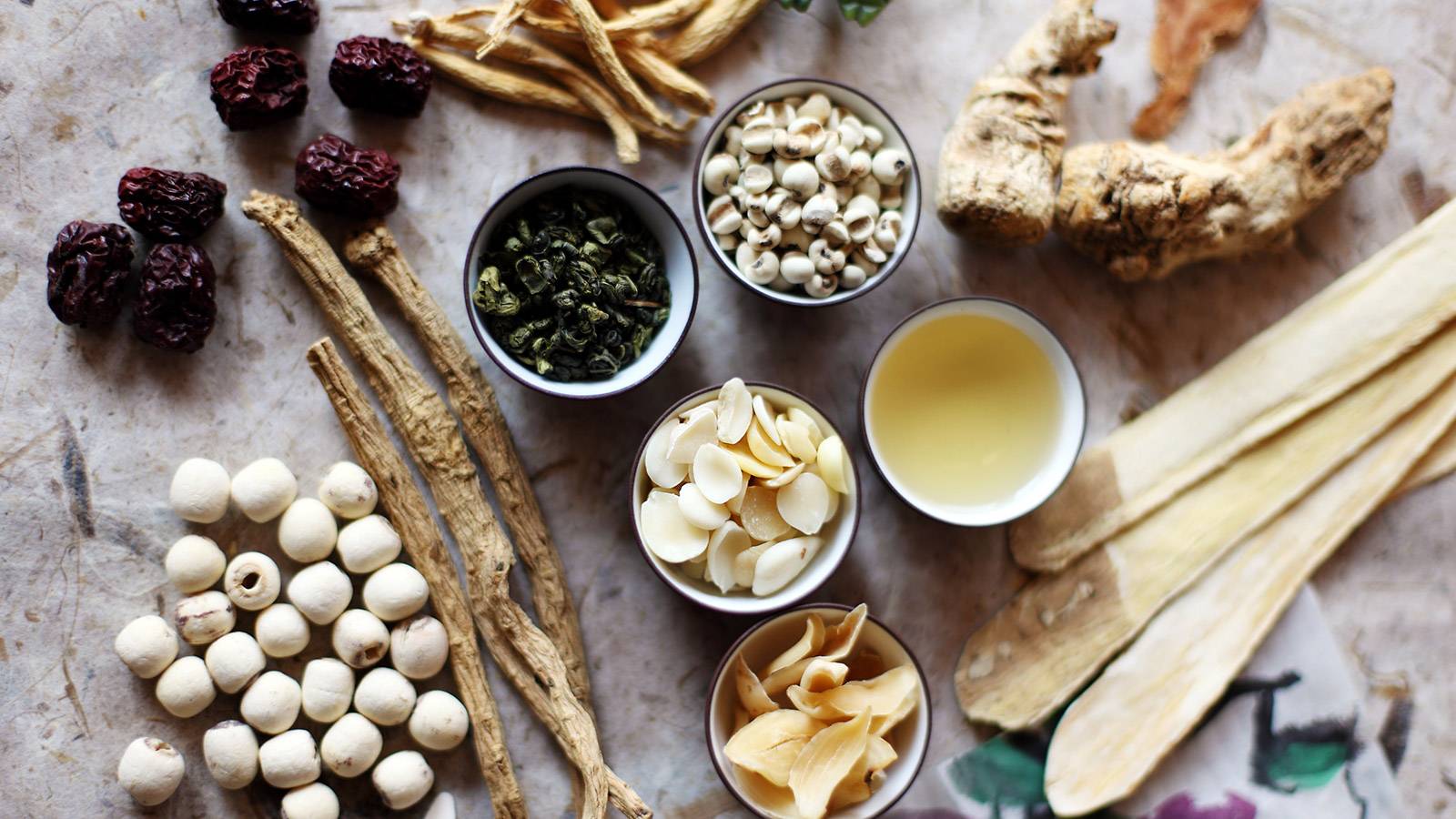Find out how over-the-counter (OTC) medication affects your breastmilk and learn if it’s necessary to pump and dump!

Your breastmilk is often likened to “liquid gold” as it meets all your baby’s nutritional needs and helps them to grow and develop. Of course, what you eat also affects the quality of milk you produce for your little one.
The team at Thomson Parentcraft Centre advises that you exercise great care when you take medication when you’re nursing. “Some the chemicals in the medication can transfer into the milk and change the baby’s behaviour and well-being.”
However, she adds that breastfeeding mums can safely take the majority of over-the-counter (OTC) medication or meds purchased without a prescription. Drugs like ibuprofen and paracetamol are regarded as very safe as long as you follow the instructions on the packaging.
Drugs like ibuprofen and paracetamol are regarded as very safe as long as you follow the instructions on the packaging.
But the team at Thomson Parentcraft Centre also warns that certain OTC drugs can interfere with your child’s behaviour and well-being. These include:
* Aspirin In a high dosage, this drug can have blood-thinning effects, so doctors will usually advise mothers to wait an hour or two before nursing their baby, she states. While low doses of aspirin are unlikely to harm your baby, it's best to check with the paediatrician first. You might also want to consider taking acetaminophen or ibuprofen instead.
* Antihistamines Your bundle may appear to be sleepy or drowsy when you consume a high dosage of such medication.
* Minerals and OTC-supplements Eating too many supplements and minerals can cause your breastmilk to taste metallic, the Thomson Parentcraft Centre team points out. “I have had mothers tell me that the metallic smell becomes even more apparent after freezing the expressed milk.”

Other than OTC medication, do also be mindful of the herbal tonics or teas you might be taking. The team at Thomson Parentcraft Centre advises that you avoid the following herbs:
* Dang gui (Chinese Angelica Root) and sage Both these herbs can reduce your breastmilk production. You should only take dang gui about two weeks after you deliver as it will cause post-partum haemorrhage, unless a TCM physician has prescribed it.
* Ginseng It enhances your attentiveness and alertness but it also changes your mini-me’s behaviour. They will be fussier, fretful and cry a lot as a result, the Thomson Parentcraft Centre team adds. “So, we’ll encourage mothers to avoid taking this strong tonic two weeks before and after delivery because it can cause post-partum haemorrhage as well.”
The team at Thomson Parentcraft Centre cautions that if you are breastfeeding and are unsure about consuming any OTC medication or herbs, talk to a lactation consultant and a TCM physician respectively, to check if these are safe. Also, do always alert your doctor that you’re are breastfeeding, so as to prevent them from dispensing any potentially harmful drugs.
Just be sure to keep an eye on your baby’s behaviour after a nursing session to make sure that your breastmilk isn’t causing any side effects.
Should you pump and dump?
Nursing mums concerned that their medication will seep into their cherub’s breastmilk will pump and dump. In this well-known practice, the mother will express her milk, then dispose of it instead of feeding it to her baby.
However, the team at Thomson Parentcraft Centre notes that you needn’t do this if you’re following the instructions on your OTC drugs. “But, if you feel that you must, instead of dumping the milk, you can use it for footbaths, as a lactation mask or even wash your hair with it.”
Another reason for not pumping and dumping — you may not be able to tell when the drugs have left your body. The Thomson Parentcraft Centre team explains, “Sometimes, high dosages of a water-soluble drug can take up to four hours to be expelled from your system. But other drugs can last more than 24 hours, so it’s really difficult to say.”
Just be sure to keep an eye on your baby’s behaviour after a nursing session to make sure that your breastmilk isn’t causing any side effects. The team at Thomson Parentcraft Centrelists the most common symptoms to watch out for in baby:
* Has diarrhoea and rashes.
* The stomach feels bloated and gassy.
* Is fussy and restless.
If you notice these symptoms, bring your baby to the paediatrician as soon as possible to sort it out.
Photos: iStock
Like us on Facebook and check SmartParents regularly for the latest reads!
Elsewhere on SmartParents.sg...
10 things to know about Singapore’s first Human Milk Bank
BUYER’S GUIDE 7 best breastmilk storage bags [Photo Gallery]
